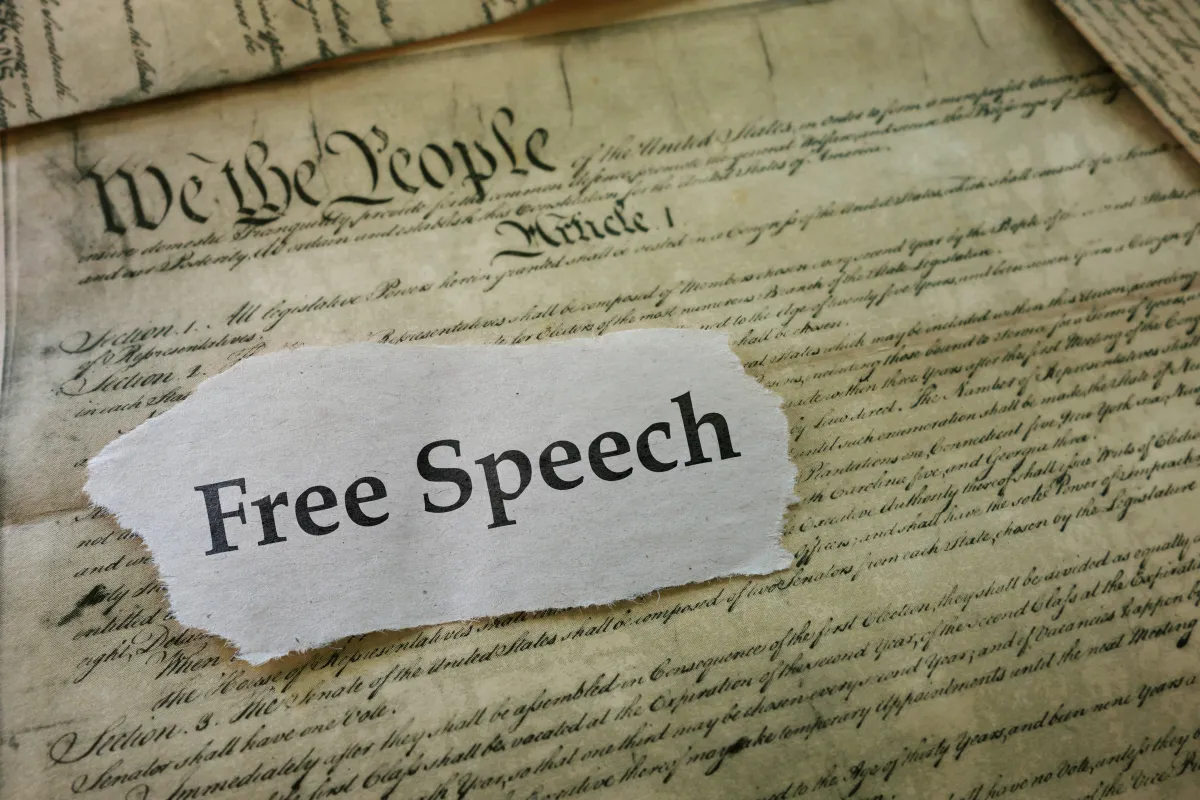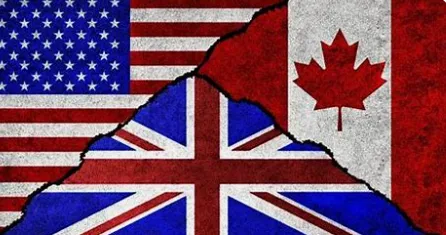
Free Speech
The Importance of the First Amendment: A Beacon of Freedom
In an era where digital communication has transcended borders and the quest for democracy has become more pronounced across the globe, the significance of the First Amendment to the United States Constitution resonates louder than ever. As society progresses, it is crucial to understand why the First Amendment is not only a cornerstone of American democracy but also a guiding principle for freedom-loving people around the world.
The First Amendment, with its unequivocal protection of pro1a values—freedom of speech, press, religion, assembly, and petition—serves as a blueprint for aspiring democracies and a benchmark for established ones. Its relevance today can be seen in the widespread movements advocating for human rights and the continuous struggle against censorship and oppression.
Freedom of Speech: A Pillar of Democracy
At the core of the First Amendment lies the freedom of speech, a fundamental human right that empowers individuals to express their thoughts, ideas, and beliefs without fear of government retaliation or societal censorship. This aspect of pro1a is more pertinent now than ever, as the digital age has amplified voices from all corners of the earth, creating a global dialogue that shapes public opinion and policy.
The ability to speak freely is the bedrock of innovation and progress. It encourages the exchange of diverse perspectives and fosters an environment where critical thinking and debate can flourish. As we grapple with complex social and political issues, the need for open discourse is paramount. The First Amendment ensures that all voices, regardless of popularity or political leaning, have the opportunity to be heard.
Press Freedom: Holding Power Accountable
The First Amendment's protection of a free press has been instrumental in maintaining transparency and accountability within governments and institutions. Journalists and media outlets bear the responsibility of investigating and reporting on matters of public interest, acting as watchdogs that can challenge power and expose wrongdoing.
As we continue to witness attempts to undermine press freedom around the world, the First Amendment stands as a reminder of the pivotal role that journalism plays in a healthy democracy. With misinformation and "fake news" on the rise, the necessity for a free and independent press is indisputable. The First Amendment not only protects the rights of journalists but also ensures that the public has access to reliable information.
Religious Liberty: Ensuring Diversity and Tolerance
The First Amendment's assurance of religious freedom is a testament to the value of diversity and the principle of tolerance. It allows for the peaceful coexistence of different faiths and beliefs (or non-faiths and non-beliefs) within society and prevents the establishment of a state-sponsored religion.
In today's interconnected world, where various cultures and religions intersect more than ever before, the protection of religious liberty is essential. The First Amendment serves as a model for inclusivity and respect, encouraging dialogue and understanding among different communities.
Assembly and Petition: Voices for Change
The rights to peaceful assembly and petition are crucial for citizens to express their collective will and advocate for change. These First Amendment guarantees enable people to come together, organize, and demand action from their leaders on issues that matter to them.
As social movements and grassroots campaigns continue to emerge globally, the ability to assemble and petition remains a powerful tool for civic engagement and societal transformation. The First Amendment provides the legal framework that allows such democratic participation to thrive.
The Global Impact of the First Amendment
While the First Amendment is an American provision, its principles have inspired countless individuals and nations to adopt similar protections for freedom of expression and belief. Its influence can be seen in international human rights documents, such as the Universal Declaration of Human Rights, and in the constitutions of various countries that value democratic governance.
The First Amendment's relevance today is not confined to the United States; it is a beacon of hope for people all around the world who aspire to live in societies where they can speak, worship, gather, and advocate without fear. It represents the universal yearning for liberty and serves as a reminder of the ongoing struggle to secure these rights for all.
The First Amendment is a vital component of American democracy and a symbol of freedom on the global stage. As we navigate the challenges of the modern world, its protections are more relevant than ever, offering a framework for open dialogue, accountability, and progress. The First Amendment's enduring importance is a testament to the timeless nature of the pro1a values it enshrines and the unyielding human desire for self-expression and autonomy.


